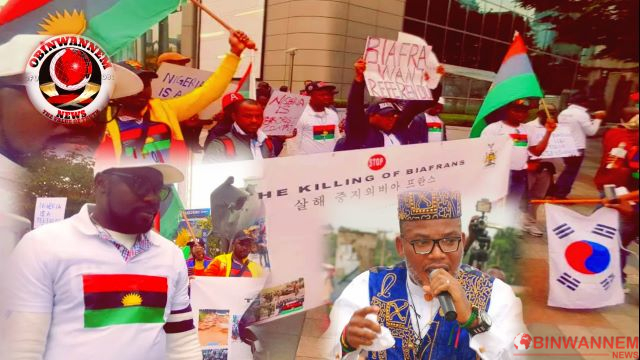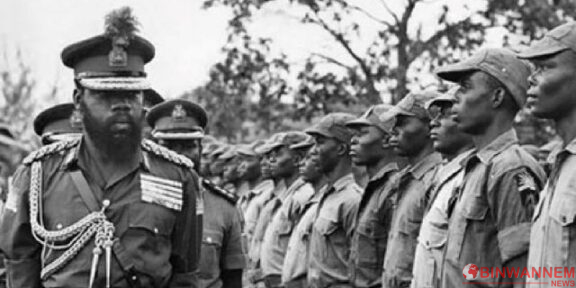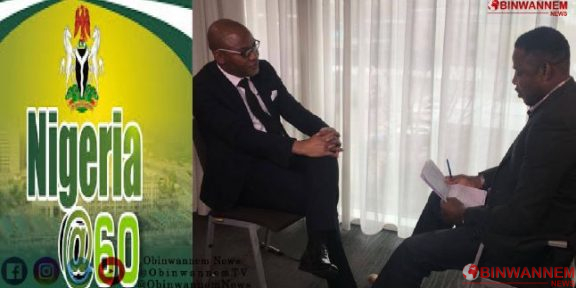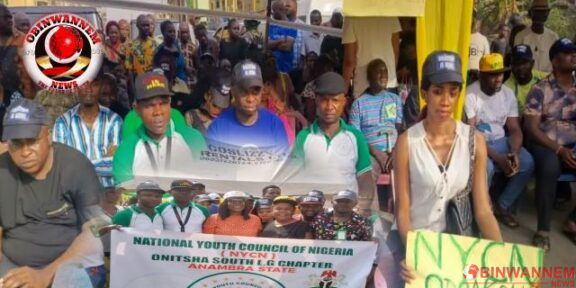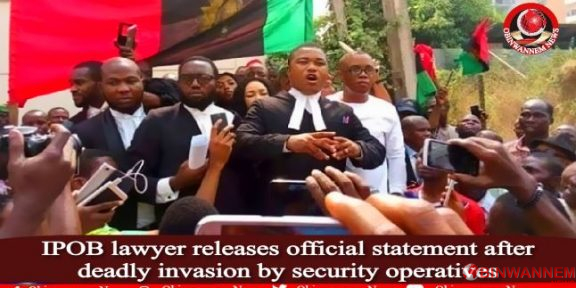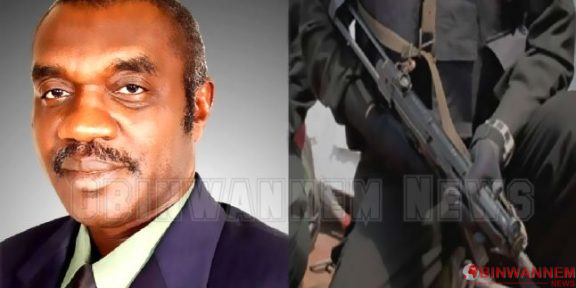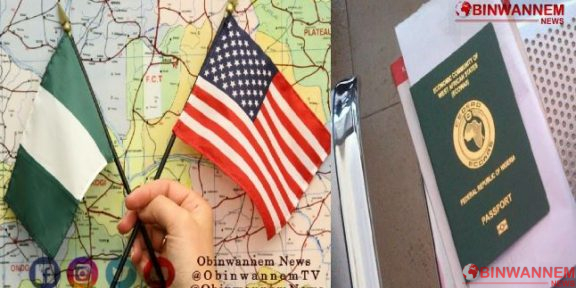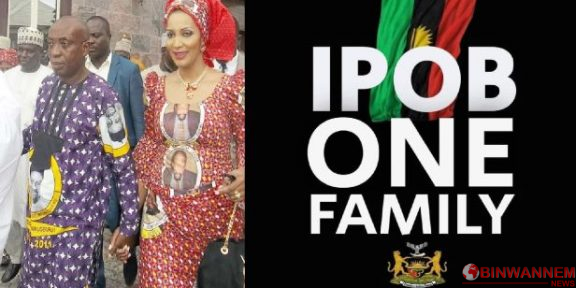The Biafra agitation and the role of the judiciary in Nigeria have been subjects of intense debate and scrutiny in recent years. The resurgence of the Biafra movement and the alleged malevolence of the judiciary have raised serious concerns about the state of democracy, justice, and unity in Nigeria.
The Biafra agitation stems from a longstanding desire for secession by the Igbo ethnic group, mainly in the southeastern part of Nigeria. It traces back to the Nigerian Civil War of 1967-1970 when Biafra declared independence, leading to a devastating conflict that claimed numerous lives. Although the war ended with Biafra reintegrating into Nigeria, the underlying grievances have persisted.
Supporters of the Biafra movement argue that their agitation is driven by a sense of marginalization, economic disparity, and political exclusion. They assert that the Nigerian government has failed to address these grievances adequately, leading to a resurgence in separatist sentiments among some segments of the Igbo population.
The judiciary, as the custodian of justice and upholder of the rule of law, plays a critical role in resolving conflicts and ensuring peaceful coexistence. However, concerns have been raised about the perceived bias and malevolence of the judiciary in handling issues related to the Biafra agitation. Critics argue that the judiciary is being used as a political tool to suppress dissent and deny justice.
Instances of alleged bias have included the prolonged detention of pro-Biafra activists (especially the current case being levelled against Nnamdi Kanu the leader of IPOB), the labelling of peaceful protests as treasonous, and the alleged denial of fair trials. This perception of a compromised judiciary has further fueled the agitation, as aggrieved Nigerians and Human Rights groups perceive a lack of recourse within the Nigerian legal system.
The Biafra agitation and the perceived malevolence of the judiciary have far-reaching implications for Nigeria’s democracy and unity. A judiciary that is perceived as biased erodes public trust in the legal system and undermines the principles of fairness, justice, and equality. It can also fuel further resentment and deepen divisions along ethnic and regional lines.
To address these concerns, the Nigerian government must obey the court’s order and release Nnamdi Kanu, prioritising dialogue, inclusivity, and the rule of law. The grievances of the Biafra movement need to be heard and addressed peacefully, fostering an environment where all citizens feel heard, represented, and valued.
Additionally, efforts must be made to restore public confidence in the judiciary, ensuring that it functions independently and transparently without undue influence and interference from the executives. Through such measures, Nigeria can move towards a future of harmony, justice, and sustainable development for all its citizens.
Obinwannem News


